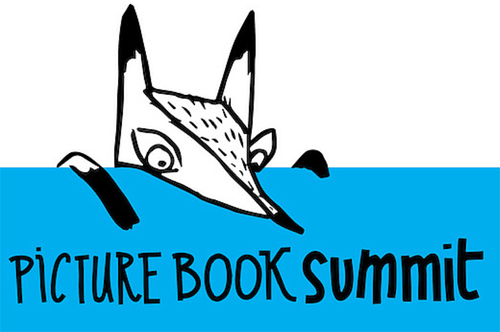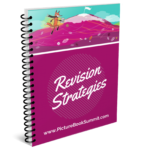PBSummit Roundtable – Book Bans
This week, we are thrilled to bring you a brand new feature: The Picture Book Summit Roundtable!
In our weekly Summit planning meetings, we find ourselves talking about current events in publishing and how they affect picture books. We’ve decided to let you be a fly on the wall in this new series as we bring the conversation to YOU!
And because we like to start everything we do with a bang, we’re jumping right into the national conversation on book bans. Emma Walton Hamilton leads our discussion with the background and history of book bans as well as how today’s book bans compare to book bans of the past. Find out how book bans specifically affect picture books and their creators. (Spoiler alert: having your book banned does NOT mean it becomes a bestseller.)
Emma shares facts about book bans from PEN America. You can download that PDF here.
Listen here:
If you’re interested in speaking a school board or city council or other meeting where books bans are being discussed, Julie Hedlund offers the script she used at a recent school board meeting. Please adapt it for your experience and use it as a jumping off point for your thoughts on the subject:
“Hello, and thank you for allowing public comment tonight. My name is Julie Hedlund, and in addition to having two children who went through BVSD, I am also a multi-published children’s picture book author, published through Little Bee Books, Penguin Random House and others.
In addition to being an author myself, I am also the Founder of The 12 x 12 Picture Book Writing Challenge, which includes 2,000 picture book authors and illustrators at all levels, from brand new writers to multi-published, best-selling, award-winning authors.
I am speaking tonight to make myself available to you as a resource within the children’s book industry as an unwavering advocate of First Amendment Rights and in staunch opposition to censorship and book banning in our school libraries. Groups supporting these bans, invoke words like ‘liberty,’ and ‘parental rights.’ But liberty for whom? Parental rights for whom?
The most recent data from the American Library Association, PEN America and other organizations show that vast majority of books being targeted for banning are those that feature characters, topics, or authors that are LGBTQ or Black, Indigenous, or People of Color. In short, the proponents of these book bans are not offended by the words in these books. They are offended by the people these books represent. The history they represent. Imagine how damaging to a child to think, ‘Here’s a book that includes someone who looks like me, who feels like me, who identifies like me and it’s banned. It’s bad. I’m bad.’
Books save lives. Book banning can take lives. Please do not let life-affirming books be removed from our school libraries. Thank you.”
Lastly, we leave you with a quote from the beloved (and frequently banned) Judy Blume: “I’ve known librarians who have saved lives by handing the right book to the right child at the right time. And for that one kid, finding themselves in a book can be a lifesaver.”
Tune in next week as we discuss how Anything Goes in Picture Books These Days.
Catch every video in this series AND get our favorite Revision Strategies. Click here to sign up for our newsletter list.





Beckie Mower
April 15, 2023 at 3:09 pmThank you for sharing the depth of the book bands. I had no idea.